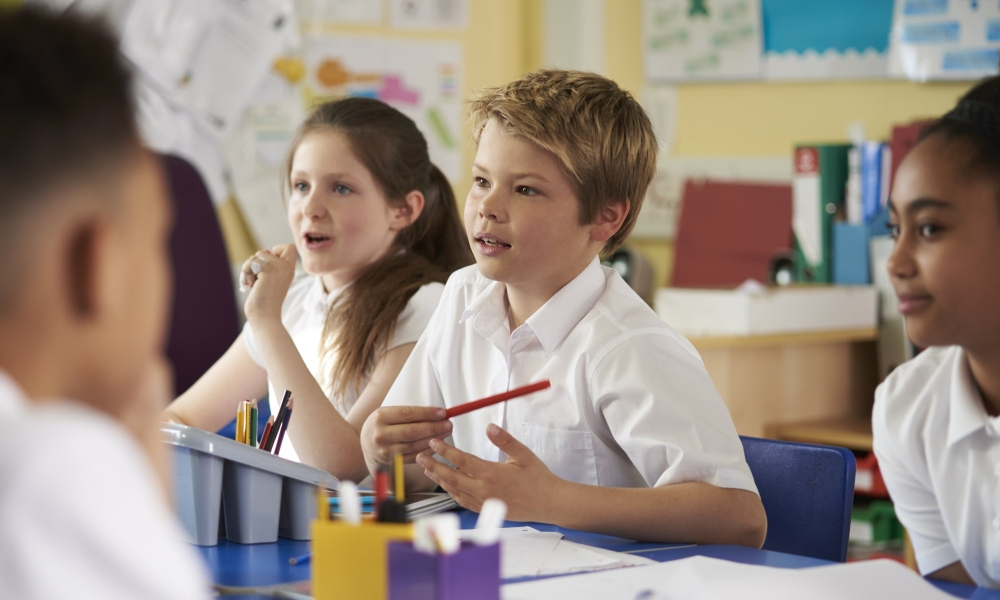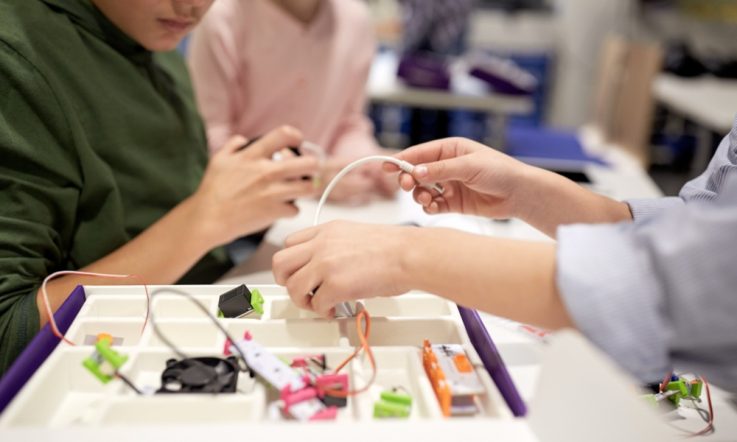Leading researchers and practitioners will gather in Melbourne in August for Research Conference 2019, Preparing students for life in the 21st Century: Identifying, developing and assessing what matters. The annual conference is hosted by the Australian Council for Educational Research (ACER). In today’s Q&A, ACER CEO Professor Geoff Masters AO discusses this year’s theme and some of the fundamental questions that will help to shape the conference program.
Could you give readers an overview of this year’s Research Conference theme?
Geoff Masters: The general questions being addressed by Research Conference 2019 are: How do we best prepare young people for the rapidly changing world of the future? How can we equip today’s students to survive and thrive in an unpredictable world?
Globalisation, technological advances and the changing nature of work all have far-reaching implications for the work of schools. At the same time, schools are grappling with a range of challenges, including social inequality, mental health issues, substance abuse, cyber bullying, environmental sustainability and radicalisation.
There is widespread agreement that students require new levels of skill in collaborating, communicating, thinking critically, innovating, solving problems and applying what is learnt in new contexts. These skills need to be underpinned by values and dispositions that include a commitment to social inclusion, responsible citizenship and respect for human rights.
Research Conference 2019 will review research into innovative ways of conceptualising, developing and assessing this broader range of priorities for student learning and development in the 21st Century. The conference program presents a breadth of perspectives from teachers, policymakers, researchers and academics to help participants engage with this ongoing and multifaceted challenge.
Why has this theme been chosen for Research Conference 2019?
GM: The theme of Research Conference 2019 has been chosen at a time of growing interest, both nationally and internationally, in the teaching and assessment of a broader range of skills and attributes than traditional subject skills and knowledge. Interest in more general capabilities – also sometimes referred to as key competencies or 21st Century skills – is reflected in the priority they are given in the Australian Curriculum and also in the OECD’s Programme for International Student Assessment (PISA). Although many lists of such capabilities have been developed internationally, much less progress has been made in conceptualising capabilities such as problem solving, collaborating, critical thinking and creative thinking, and still less progress has been made in mapping how these capabilities develop over time.
An important question in relation to any general capability is the question of what it means for students to develop higher levels of the capability. What improves as students become better at collaborating? What can be watched for as evidence of increasing problem-solving ability? Descriptions of progress or growth in general skills and attributes often are based on judgements or beliefs rather than on data. Some presentations at this conference will describe leading-edge work to construct empirically-based maps and descriptions of how general capabilities develop in practice.
Many other fundamental questions remain unanswered. For example, how generalisable are general capabilities across subjects? Can critical thinking be defined and measured independently of subject area or is critical thinking specific to particular subjects? Is the answer to this question the same for all general capabilities, or does the answer vary from capability to capability? Are critical and creative thinking best treated as two constructs or one? Many people appear to have views on these questions, but ultimately they depend on the systematic collection and analysis of data, which at the present time is often scarce or non-existent. Some presentations at this year’s conference will outline how important questions of this kind are beginning to be addressed by research.
What do you expect participants to gain from attending the conference?
GM: Participants will have an opportunity to hear from researchers and practitioners who are grappling with important questions relating to the teaching, development and assessment of a variety of skills and personal attributes now recognised as essential for learning, life and work beyond school.
This is a field in which significant advances can be expected over the next decade. Attendees will be given glimpses into new teaching and assessment processes, many of which are at the cutting edge of international thinking and practice. In some cases, participation will provide a better understanding of unanswered questions and how they are being explored. In other cases, participants will take away new ideas that they can use immediately.
Research Conference 2019 ‘Preparing students for life in the 21st Century: Identifying, developing and assessing what matters’ takes place from 4-5 August at the Melbourne Convention and Exhibition Centre. It includes a Masterclass with Dr Claire Scoular and Jonathan Heard on Assessment in General Capabilities. This year’s Karmel Oration, titled ‘On with the 21st century! Preparing Australian education for the 2020s and beyond’ will be delivered by Professor Neil Selwyn.
Visit the website to register for Research Conference 2019 and for program details.
Stay tuned: Teacher will be speaking to Professor Neil Selwyn in the lead-up to the conference about the pressing issues that Australian educators are likely to face over the next decade, what classrooms will look like in 10 years, and the role that artificial intelligence will have in changing the ways schools operate.



